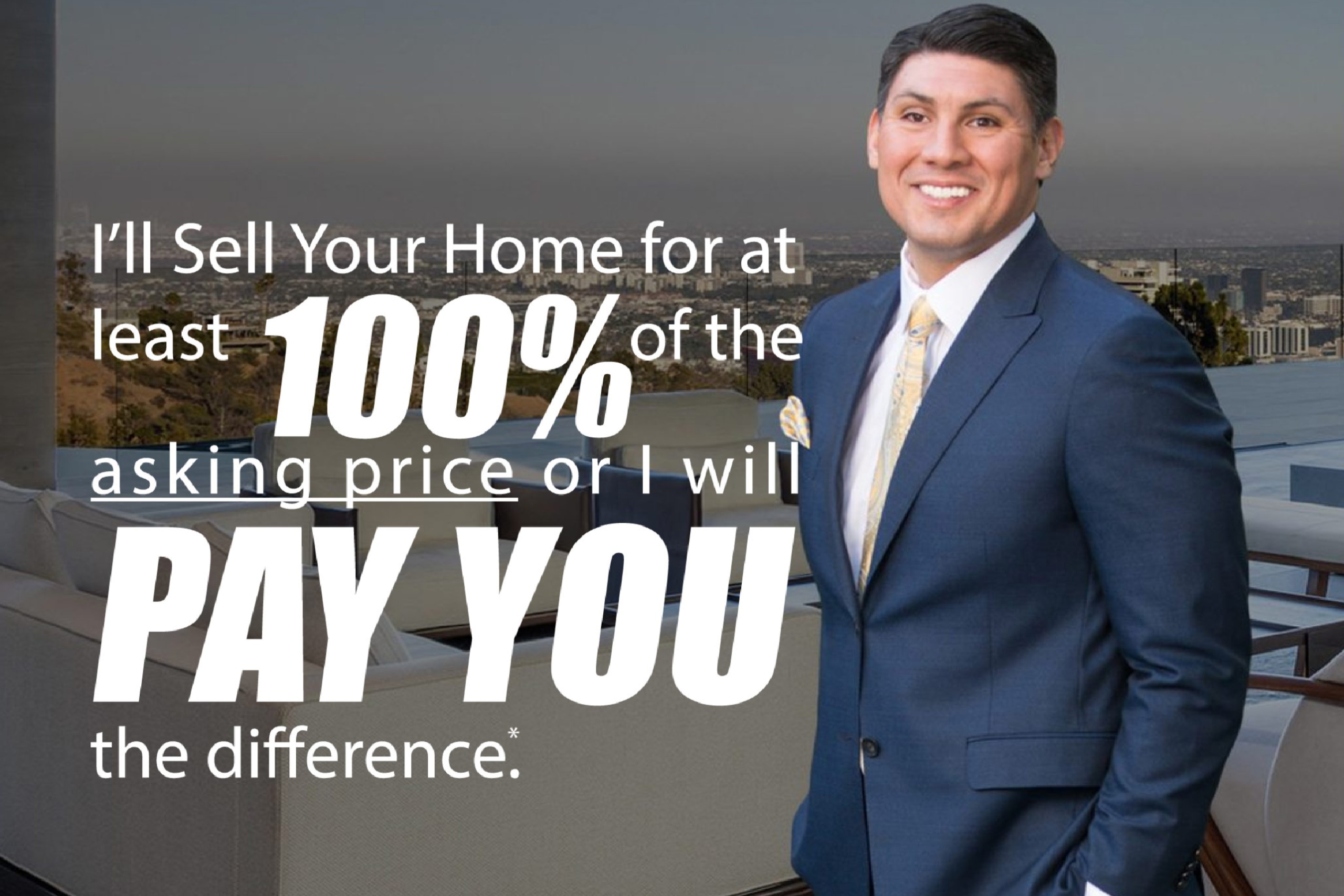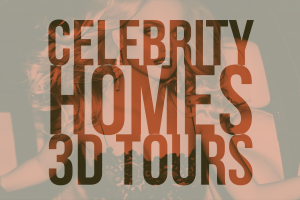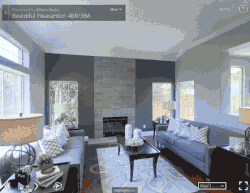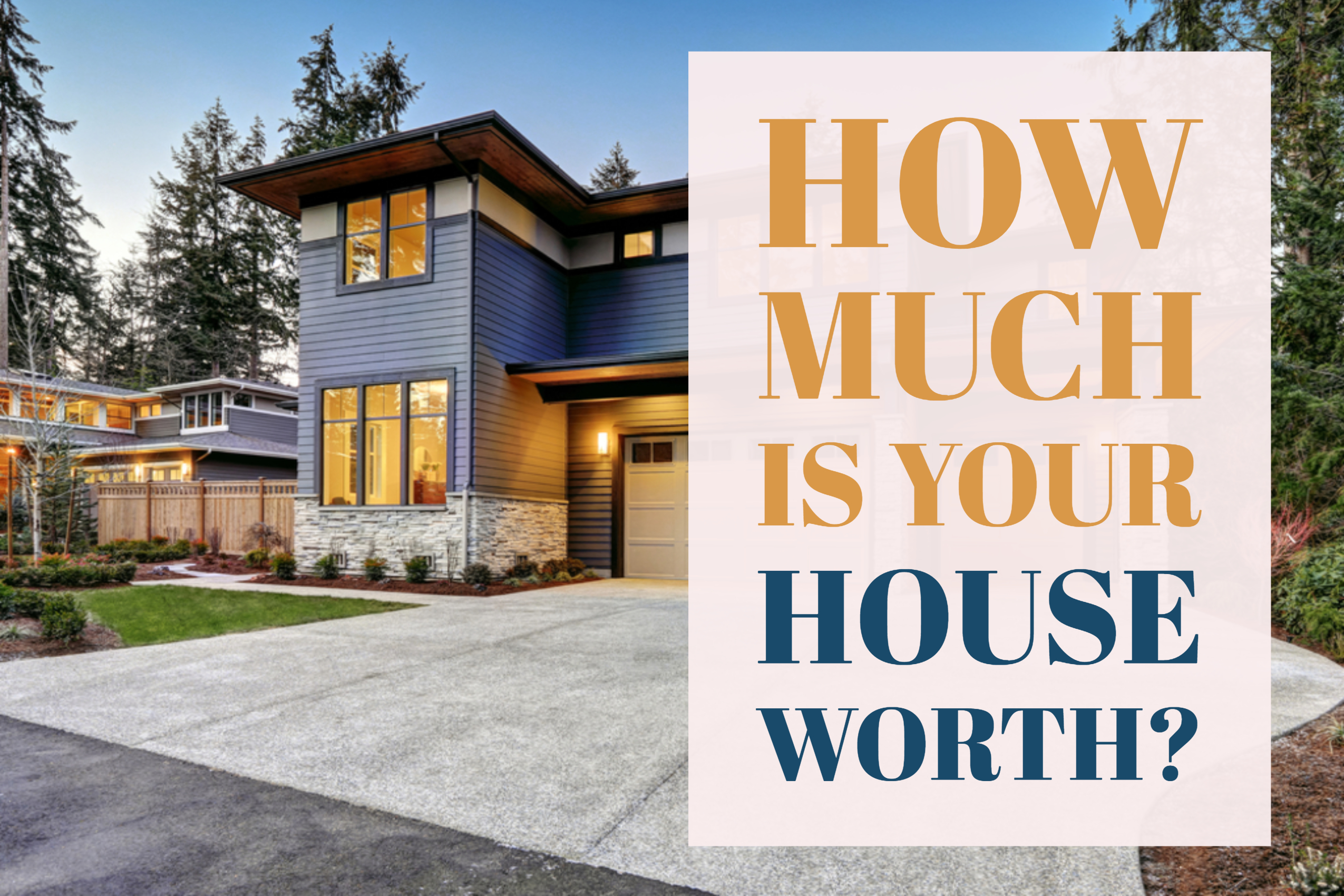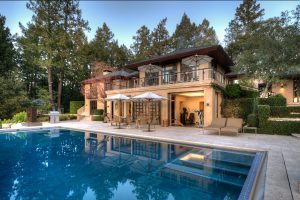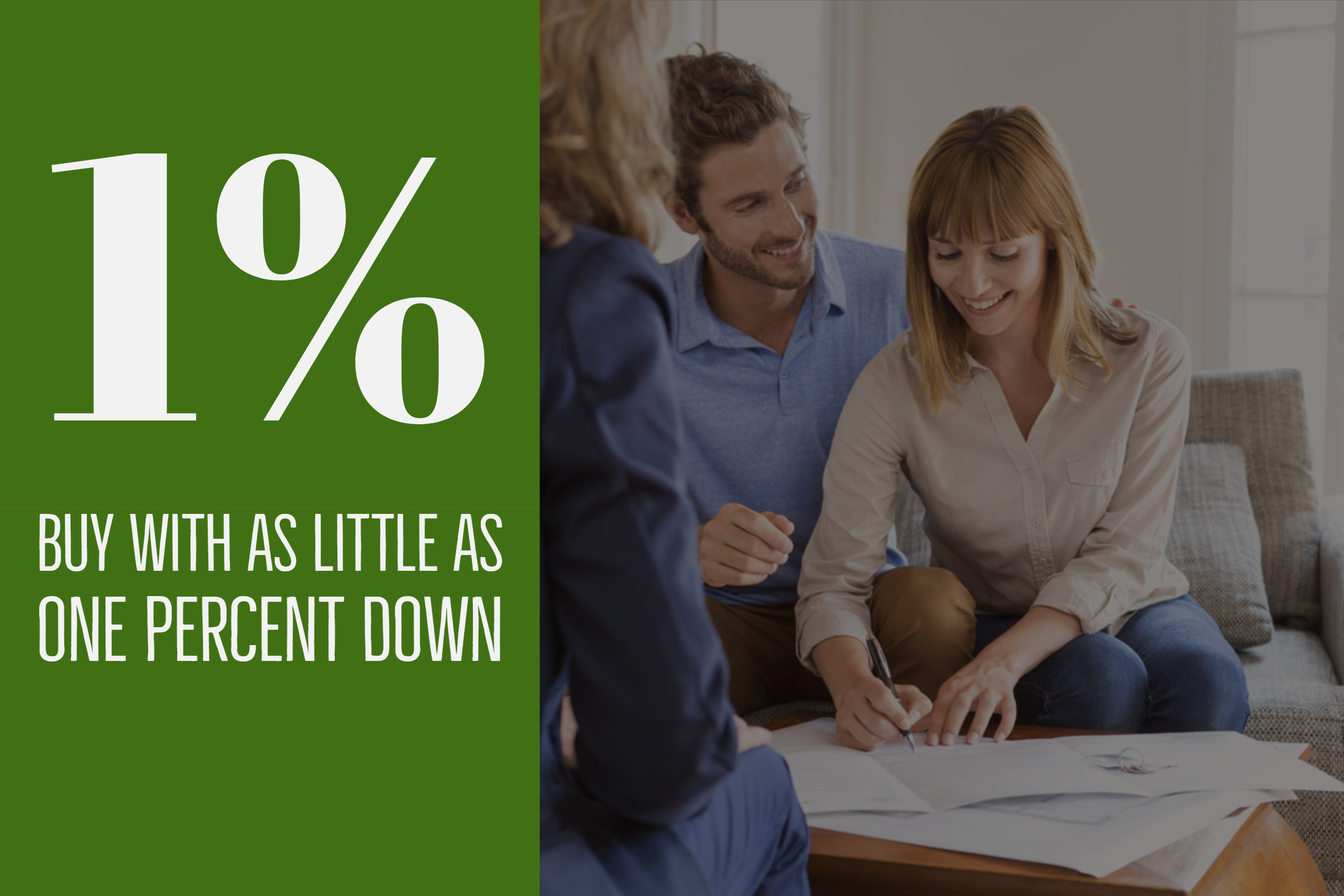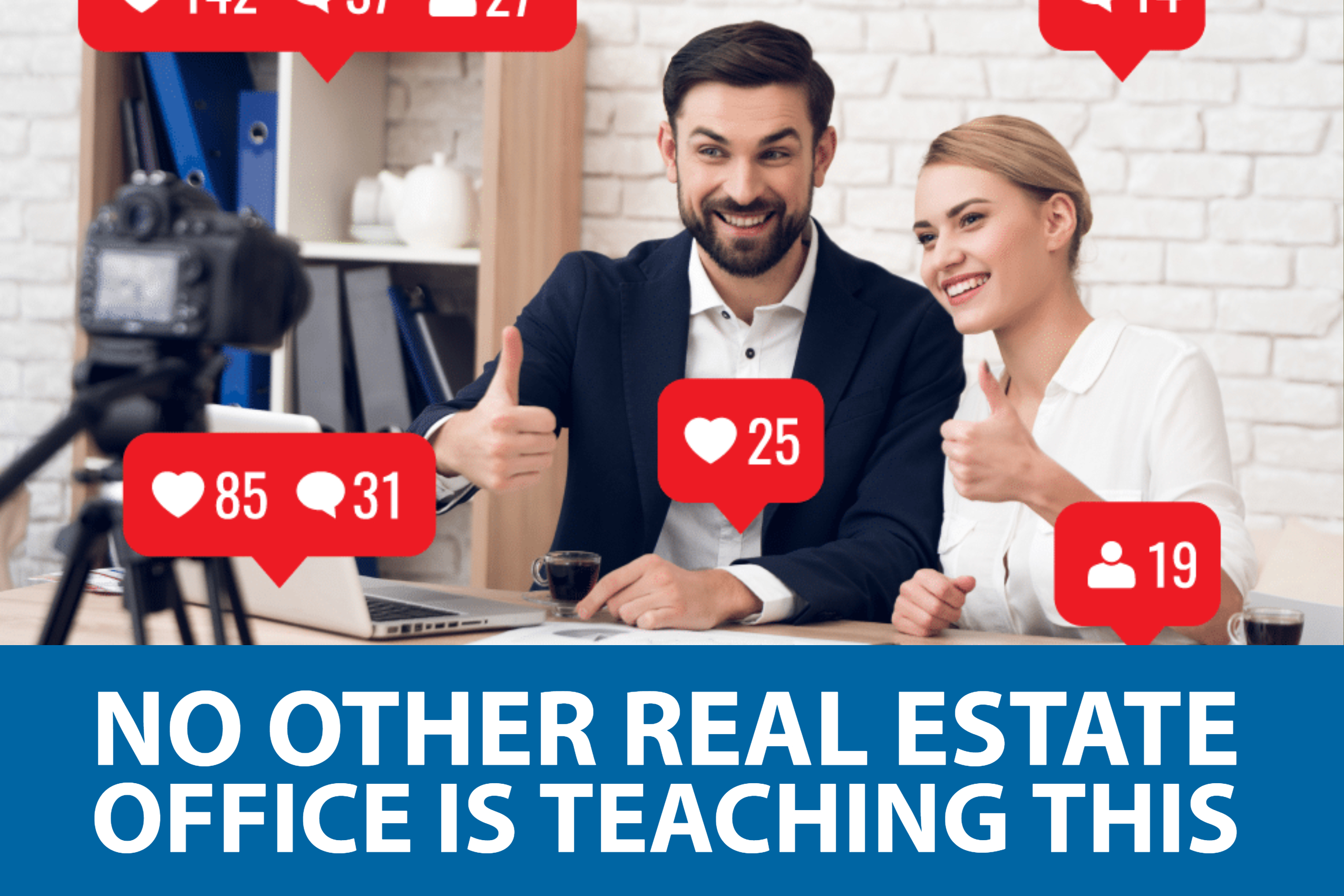Zero Down Mortgages: Are They Right For You?
What is a Zero Down Payment Mortgage?
A zero down payment mortgage is exactly what it sounds like: a mortgage that requires no money down at closing. Buying a home and putting no money down to do it sounds appealing to many, but in reality it’s hard to get a zero down payment mortgage in this climate, as banks no longer offer them to most consumers. Hard, however, doesn’t mean impossible. Here’s how you can score a zero down payment mortgage — and the pros and cons of getting one.
Can I Buy a House with No Money Down?
Not everyone will qualify for a zero down payment loan, but in circumstances, you might be able to buy a house with no money down.
If you’re a veteran, you might be able to get a VA loan with no down payment from the U.S. Department of Veterans Affairs (VA). In order to qualify for the loan — you’ll need good credit, enough income and a Certificate of Eligibility from the VA — but if you do, you may be able to enjoy these perks: no down payment on the home (as long as the sales price isn’t higher than the appraised value of the home), no private mortgage insurance premium and limited closing costs.
The second option for a no down payment loan is a USDA loan. The United States Department of Agriculture offers a variety of these loans with low interest rates. Most of the loans are designed to help low- or moderate-income people with decent credit buy a home in a rural area.
Two of the more popular USDA loans are the single-family direct homeownership loan and the single-family guaranteed homeownership loan.

The household adjusted income of the borrower must not exceed the applicable low-income limits for the area.
The single-family direct homeownership loan is for low- or very low-income borrowers purchasing homes in rural areas. Eligible properties must be 1800 square feet or less with a market value below the applicable area limit. No swimming pools or properties designed for income-producing activities are allowed. The household adjusted income of the borrower must not exceed the applicable low-income limits for the area.
The single-family guaranteed homeownership loan helps those with incomes that are below 115 percent of the median income for the area buy modest homes in rural areas.
If coming up with a down payment is a struggle, an alternative to buying a house with no money down is an FHA loan. The FHA does not offer a no-money down loan. However, they do allow for loans with a down payment as low as 3.5% of the home’s purchase price. Lenders offing a FHA loan are also restricted in the fees they are allowed to charge you.[/vc_column_text]
Pros and Cons of a Zero Down Payment Loan
The perks of a zero down payment mortgage are simple: You can get a mortgage to buy a home without having to put any money down. This means those without savings could buy a home. Though that sounds appealing, it does come with downsides. For one, you’ll have no equity built up in your home at the time of purchase, so you won’t be able to do things such as take out a home equity loan or home equity line of credit if you need to do home repairs or have other expenses you need to take care of. Plus, you’ll likely be paying off this home loan for longer than someone who had put money down would, which means you’ll likely be paying the bank thousands more in interest payments over the life of the loan.
Bottom Line
Most home buyers will need to put down at least 3 to 5 percent or more of the cost of the home to get a mortgage. But no matter what kind of loan you get — with a down payment or without — make sure you can truly afford the mortgage payments and the other costs of homeownership (insurance, repairs, etc.) every month. Use Zillow’s free mortgage calculator to help estimate your monthly mortgage costs or our affordability calculator to determine what you can truly afford.





